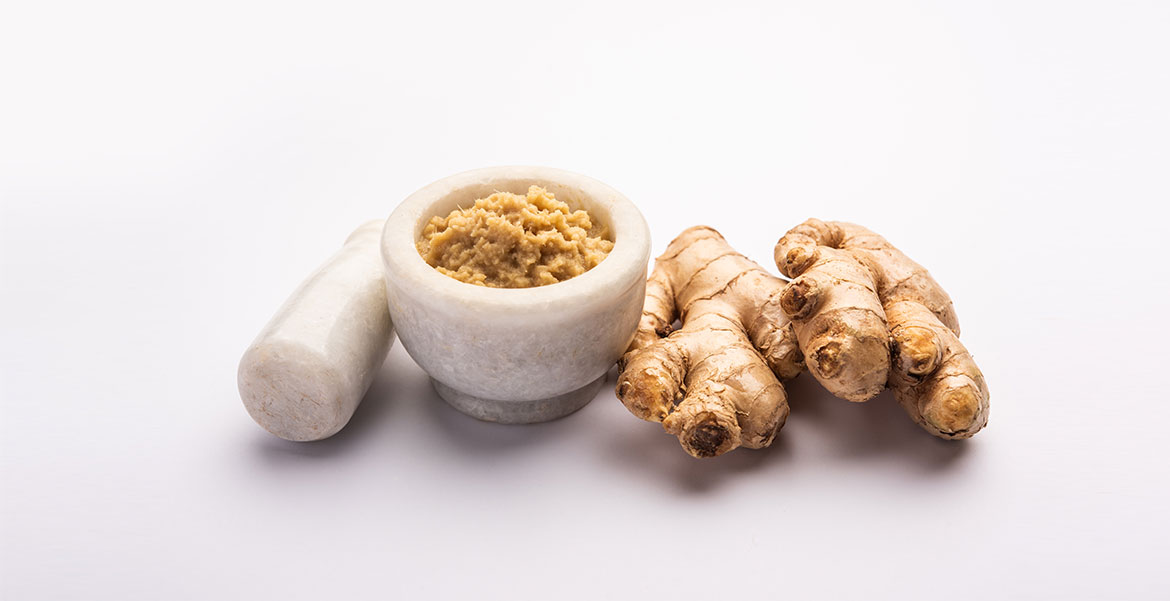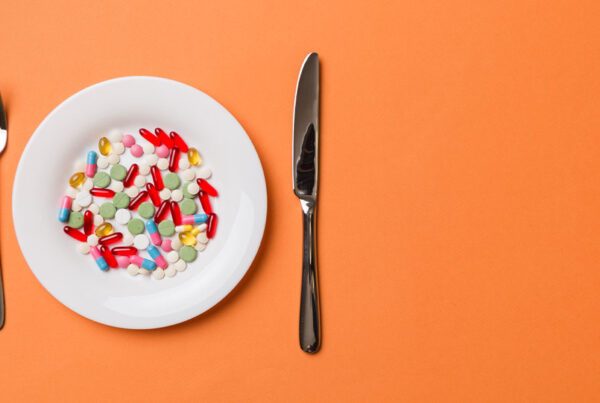Role of Ginseng in Cancer Related Fatigue
Ginseng is the root of plants in the genus Panax, such as Korean ginseng, South China ginseng, and American ginseng, typically characterized by the presence of ginsenosides and gintonin.
Cancer-related fatigue is one of the most common side effects of cancer and its treatment. It usually comes on suddenly, is not a result of activity or exertion and mostly is not relieved by rest or sleep.
According to NCBI, ginseng is generally viewed as an “adaptogen,” a substance that can help restore balance to the body by bringing it back to a point of homeostasis. There are two major species of ginseng, Asian (Panax ginseng) and American (Panax quinquefolius). Both have a common mixture of active ingredients, the most important being ginsenosides. Between species of ginseng, there are varying amounts, strengths and varieties of ginsenosides. Ginsenosides are the main pharmacologically active ingredients responsible for the four major actions of ginseng: vasorelaxation, antioxidation, anti-inflammation and anticancer effect.
- Researchers, led by Debra Barton, PhD, RN, from the Mayo Clinic Cancer Center, tested the efficacy of 2000 mg daily of American ginseng in alleviating CRF. Both the Asian (Panax ginseng) and American (Panax quinquefolius) species have a similar mix of active ingredients, but amounts and strengths do vary among the species.
A total of 364 patients at 40 different sites received ginseng twice daily or a placebo over an 8-week period. All tumor types were eligible, with the exception of brain cancer and central nervous system lymphoma. Overall, the researchers reported that more patients responded positively to the ginseng intervention and demonstrated a strong clinical benefit equivalent to a ≥30% improvement compared with those on a placebo. A finding that suggests a need for additional research on the herb’s efficacy in ameliorating CRF, as well as work toward a safe, standardized, accessible ginseng product, which is currently not subject to FDA regulation.
- High doses of the herb American ginseng (Panax quinquefolius) over two months reduced cancer-related fatigue in patients more effectively than a placebo, a Mayo Clinic Cancer Center-led study found.
Researchers studied 340 patients who had completed cancer treatment or were being treated for cancer at one of 40 community medical centers. Sixty percent of the study participants had breast cancer. Each day, participants received either a placebo or 2,000 milligrams of ginseng administered in capsules containing pure, ground American ginseng root — not the kind of ginseng consumers typically purchase. The pure form of American ginseng ground root is available from the Ginseng Board of Wisconsin. As with any prescription, over-the-counter medication or herb, patients should check with their doctor before use.
At four weeks, the pure ginseng provided only a slight improvement in fatigue symptoms, however, at eight weeks, ginseng offered cancer patients significant improvement in general exhaustion feelings of being “pooped,” “worn out,” “fatigued,” “sluggish,” “run-down” or “tired” compared to the placebo group.
It would, however, be reasonable for a cancer survivor to try American ginseng for fatigue, taking into consideration that there are no other pharmacologic agents known to be effective. Attention should be paid to the type of ginseng purchased, as mentioned above. Ginseng is a promising treatment for fatigue. Both American and Asian ginseng may be viable treatments for fatigue in people with chronic illness. Because of ginseng’s widespread use, a critical need exists for continued research that is methodologically stronger and that includes more diverse samples before ginseng is adopted as a standard treatment option for fatigue.
According to www.hindawi.com the quality of ginseng is believed to vary with the age at harvest. When ginseng is harvested at the time of 5 to 6 years, it’s considered the “best” with ginsenosides content at its highest.
Do not take ginseng if you are taking warfarin or other blood thinners: American ginseng may interfere with the action of the anticoagulant.
According to MSKCC, breast cancer patients should use this product with caution as American ginseng may stimulate the growth of breast cancer cells.
Please make sure you discuss with your doctor before starting on any supplement.
Source:
https://www.mayo.edu/research/forefront/ginseng-fights-fatigue-cancer-patients
https://www.onclive.com/view/ginseng-improves-cancer-related-fatigue-in-phase-iii-trial
https://www.ncbi.nlm.nih.gov/pmc/articles/PMC3888141/
https://pubmed.ncbi.nlm.nih.gov/29624410/
https://www.mskcc.org/cancer-care/integrative-medicine/herbs/ginseng-american
Tags: Ginseng, genus Panax, Korean ginseng, South China ginseng, American ginseng, ginsenosides and gintonin, Cancer-related fatigue, side effects of cancer and its treatment, NCBI, adaptogen, Asian (Panax ginseng), American (Panax quinquefolius), vasorelaxation, antioxidation, anti-inflammation, anticancer effect, anticoagulant, cancer









